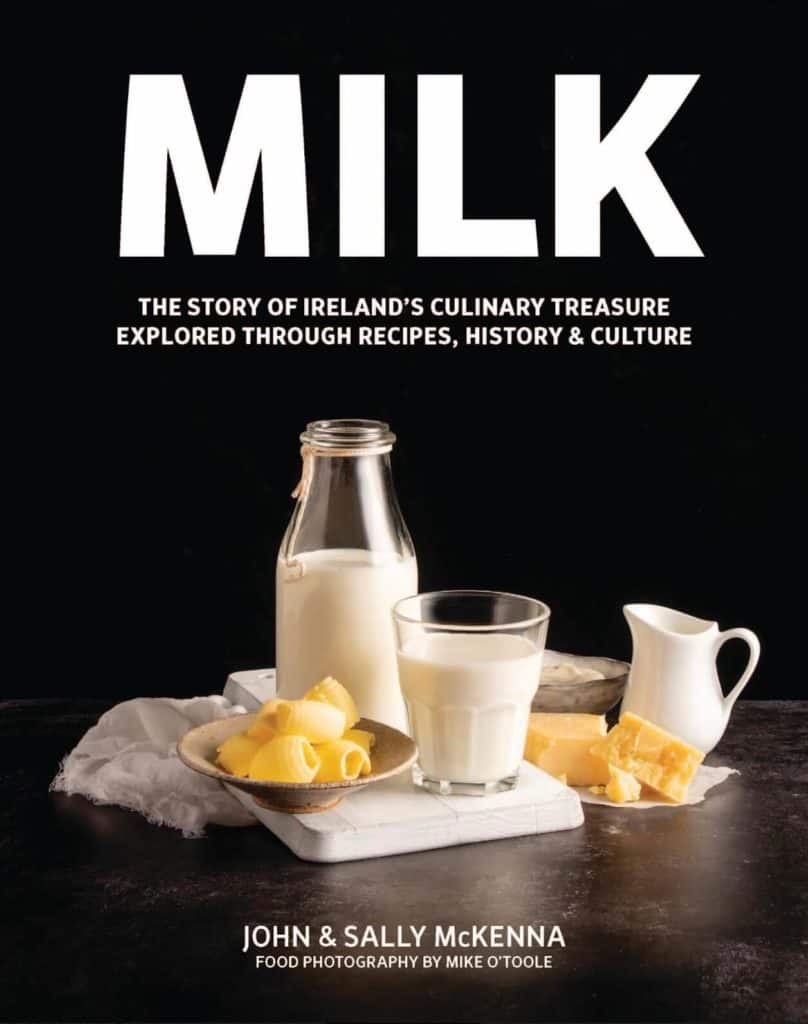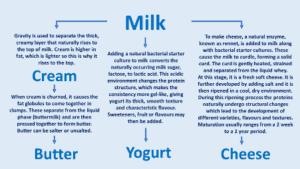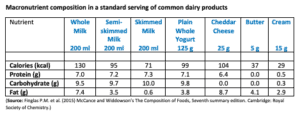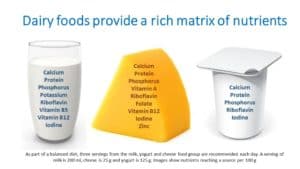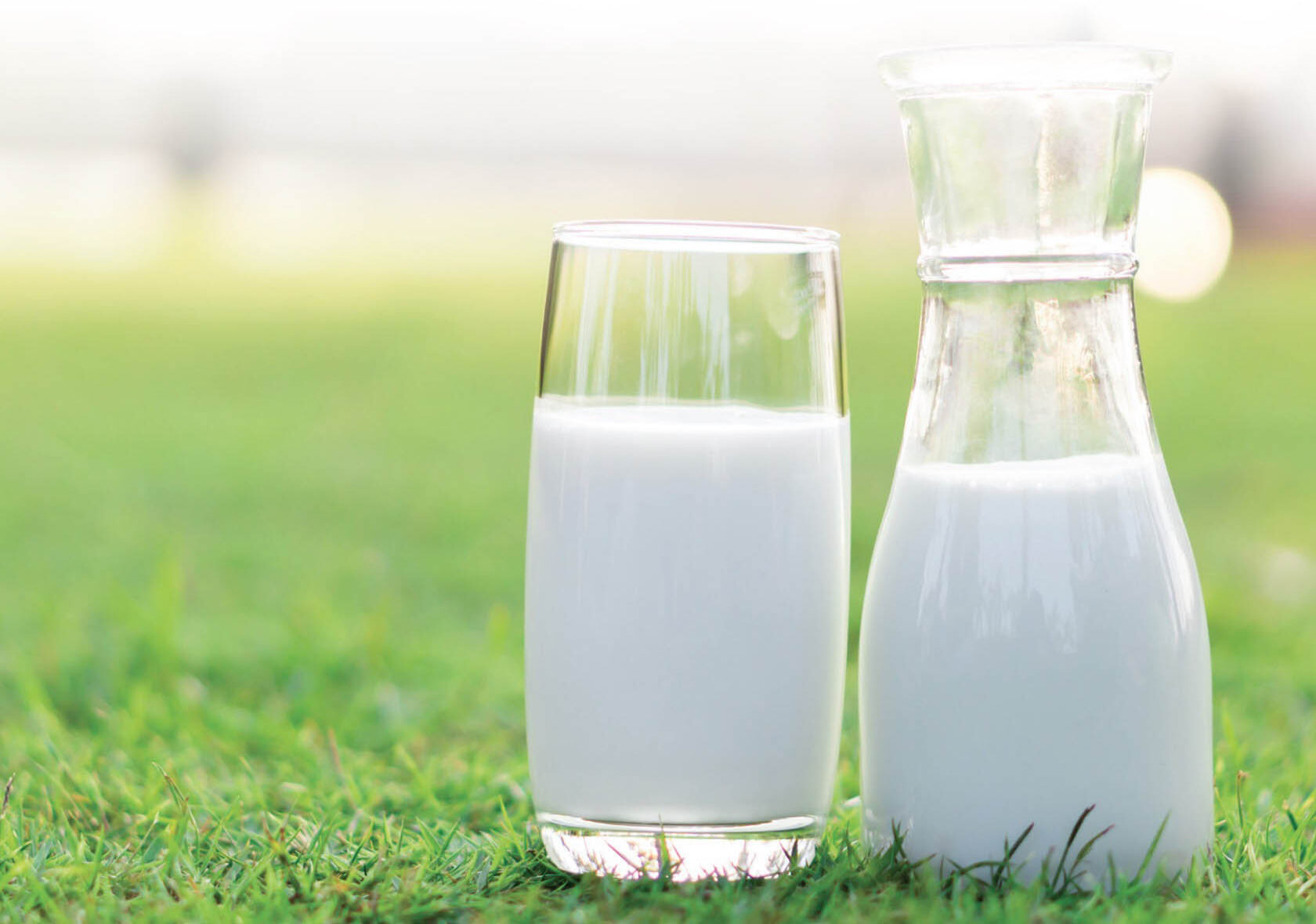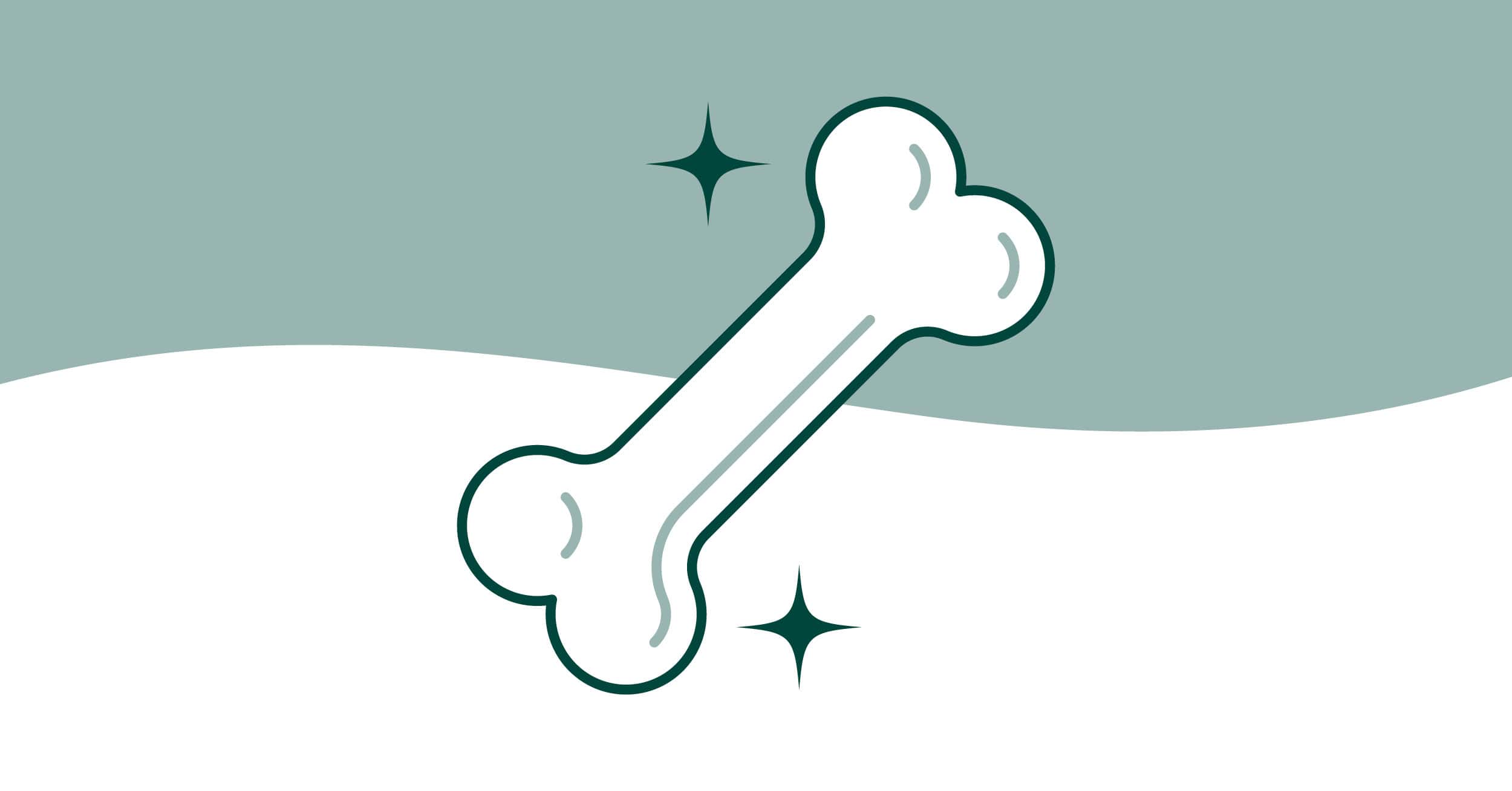What is the role of dairy in your diet? Most of us recognise milk and dairy foods as everyday staples – we routinely add them to our shopping basket and they form part of daily diets across the world. In fact, over 90 % of the Irish population consume dairy. Dairy foods such as butter, cream, yogurt and cheese are among the wonderful natural products that are derived from milk (outlined in the chart below). Produced by nature, milk is acknowledged as a natural food because it is simply composed from one ingredient – milk!
But what makes dairy so special? In short, it is the nutrients in milk and dairy products that lead to their unique taste and nutritional value. Milk is one of the most nutrient-dense foods naturally available. Dairy farming began around 7,500 years ago when humans realised that milk-producing animals, such as cows, could play a role in survival by providing a reliable source of daily nutrition. Other dairy products were soon discovered based on how the milk was stored, with specific conditions causing it to separate or ferment, giving us early forms of butter, cheese and yogurt. Over time, dairying slowly began to get more sophisticated and nowadays we can buy a wide selection of fresh milk and dairy products in the supermarket. Dairy products such as milk, yogurt and cheese are also recommended in dietary guidelines across the globe, as they make a valuable contribution to nutrient intakes.
What Nutrients are in Milk and Dairy Products?
Milk is often referred to as a ‘complete food’ due to its composition, which is about 87 % water along with a variety of nutrients. The nutrients that come from dairy can be broadly classified as macronutrients (protein, carbohydrate and fat) and micronutrients (vitamins and minerals). Cow’s milk usually contains about 3.5 % protein, 4.5-5.0 % carbohydrate (lactose) and depending on whether it is skimmed (slimline milk), low-fat or whole milk (full-fat milk), the fat content ranges from 0.3-3.6 %. Together, the protein, carbohydrate and fat components contribute to the energy value (calories) of each dairy product. For example, butter is mainly composed of milk-fat so it has a high-calorie content; whereas the calories in low-fat milk come mainly from the protein and carbohydrate. Of course, as with other foods, the amount eaten is the main driver of calories consumed. The table below shows the calorie and ‘macro’ composition of standard serving sizes. Visit our section on the calories in a glass of milk to learn more about the nutrient-density of milk.
Dairy foods contain a wide range of vitamins and minerals. The concentration of these nutrients across dairy products varies, depending on what component of the milk they are made from. For example, as cheese is a concentrated form of the curd component, it has a higher percentage of some nutrients. As butter and cream are mainly derived from the fat-rich part of milk, they have a higher concentration of fat and are much lower in micronutrients compared to milk, yogurt and cheese. As shown below, the key vitamins and minerals in these dairy products include vitamin A, vitamin B2 (riboflavin), vitamin B5, vitamin B12, calcium, phosphorus, potassium, iodine and zinc. For a more complete breakdown on the nutritional composition of common dairy products see www.ndc.ie.
The vitamins and minerals found in these dairy foods contribute to the normal functioning of many processes in our bodies. Some of these are summarised below:
Function |
Nutrients |
| Bone development | Calcium, protein, phosphorus, zinc |
| Healthy teeth | Calcium, phosphorus |
| Muscle function | Calcium, potassium |
| Muscle growth and maintenance | Protein |
| Cognitive function | Iodine, zinc |
| Mental Performance | Vitamin B5 |
| Thyroid function | Iodine |
| Normal blood pressure | Potassium |
| Normal skin | Vitamin A, vitamin B2, iodine, zinc |
| Normal vision | Vitamin A, vitamin B2, zinc |
| Nervous system function | Vitamin B2, vitamin B12, iodine, potassium |
| Energy metabolism | Calcium, vitamins B2, B5, B12, iodine, phosphorus |
| Reduction of fatigue | Vitamins B2, B5, B12 |
| Red blood cell formation | Vitamin B12 |
| Immune system function | Vitamin A, vitamin B12, zinc |
Recommended Daily Allowance of Dairy
The Department of Health’s Food Pyramid recommends 3 servings from the ‘milk, yogurt and cheese’ food group each day as part of a healthy, balanced diet. Between the ages of 9-18 years, 5 servings per day are recommended due to the increased calcium requirements at this life stage. Examples of a serving include a 200 ml glass of milk, a 125 g pot of yogurt or a 25 g portion of cheese. Although butter and cream are part of the dairy category, a distinction is made in the dietary guidelines between them and the ‘milk, yogurt and cheese’ food group. Butter and cream are renowned for their delicious taste but due to their higher fat and lower calcium content, the advice is to consume sparingly as part of a balanced diet.

